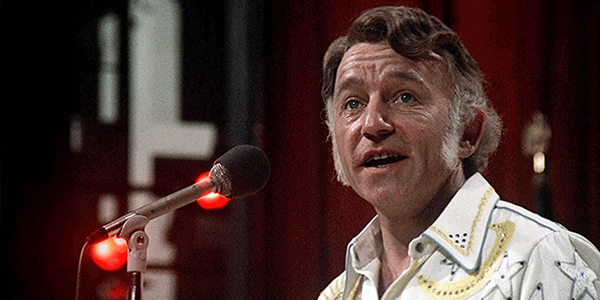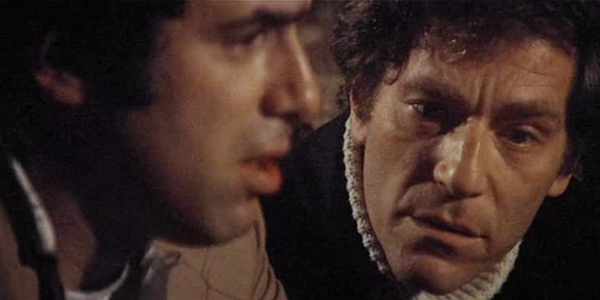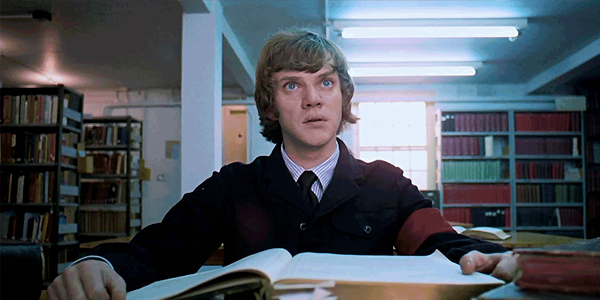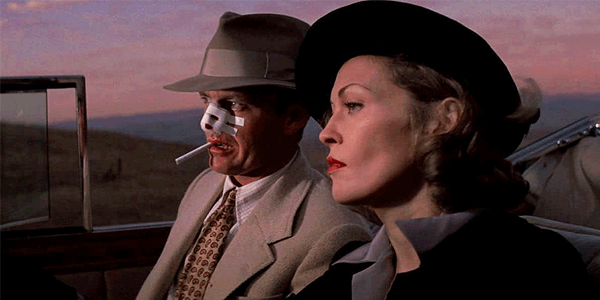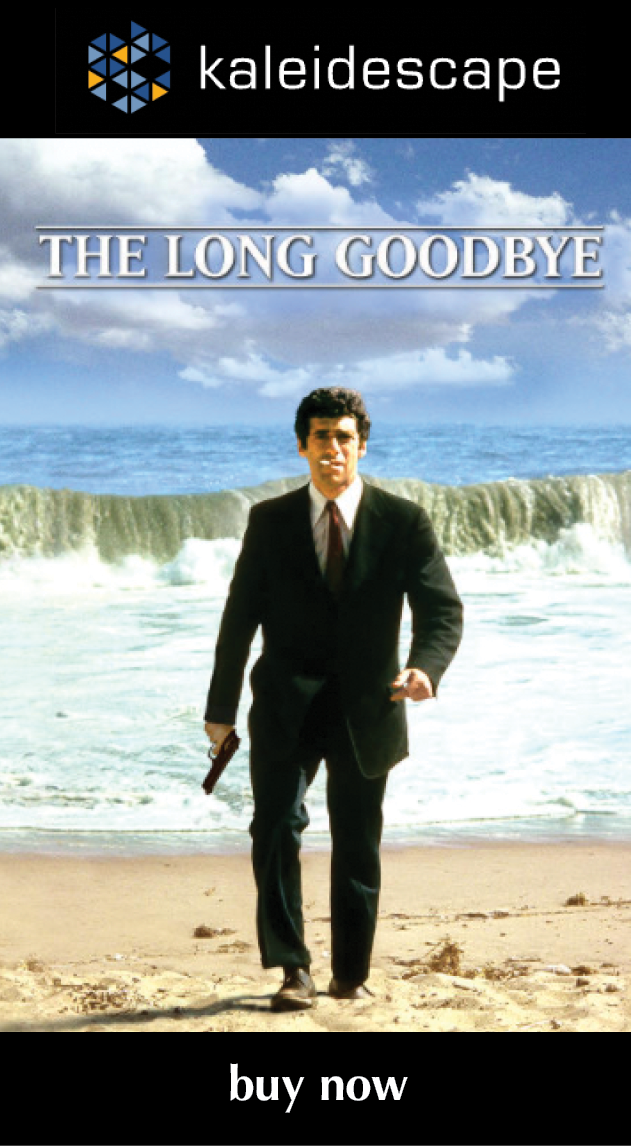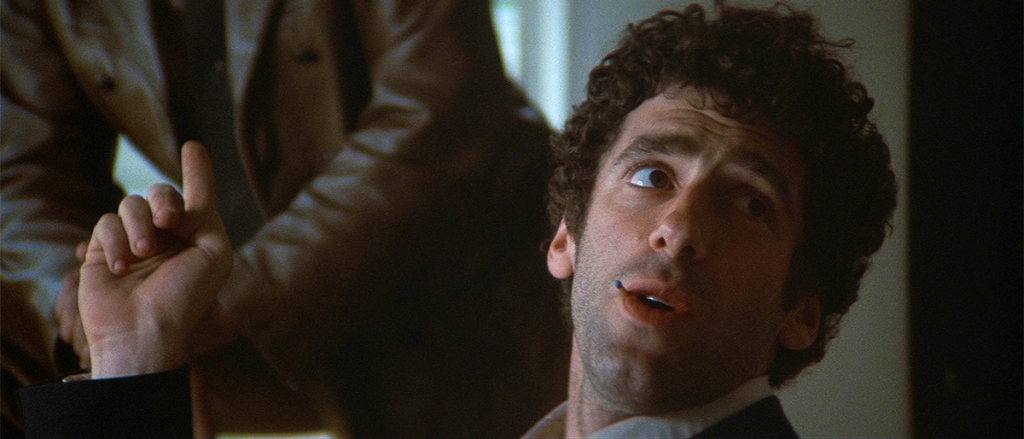
review | The Long Goodbye
Robert Altman’s sui generis noir looks suitably grubby in this Blu-ray-quality download
by Michael Gaughn
April 14, 2021
Robert Altman’s The Long Goodbye is one of the best films of the 1970s—maybe the best—and one of the most influential. That last part is ironic, in a way Altman would have appreciated, because there’s no way it can be in any legitimate sense true. Altman and Kubrick created films that came from such an intricate and hermetic personal aesthetic that it’s impossible for them to be built upon without the result being anything other than travesty. That doesn’t mean legions haven’t tried, but all have failed.
I asked Altman once what he thought of the fact that The Long Goodbye closed almost as soon as it opened but has become possibly his best-known work. He deflected, with a purpose, saying his Phillip Marlowe fell asleep in the early ‘50s—the era of Chandler’s source novel—only to wake up in the early ‘70s, finding his sense of chivalry was no longer in fashion and could only lead to disaster. Even Altman’s Marlowe would be completely lost in the sociopathic present.
The Long Goodbye both is and isn’t a detective movie; is an unforgiving evisceration of Chandler’s work and a very heartfelt tribute. It’s so cynical it verges on nihilism while openly trying to figure out which values, if any, still have meaning. And because it lives both in and outside genre, it gets to feed from both worlds, very much like early Godard. There are very few films that feel this much like a movie.
Altman, of course, makes none of it easy, constantly toying with the audience like a sly, somewhat sadistic, cat. He and cinematographer Vilmos Zsigmond did everything they could to make the film gritty, flashing the footage, flattening the palette, pumping up the grain. The result eschews superficial prettiness, which tends to be fleeting, to tap into something far more sublime.
This is John Williams’ best score (no, I’m not being facetious) exactly because it’s so awful. Williams isn’t known for having a sense of humor so I have to wonder if he didn’t just write a bunch of straight cues, not fully aware of how Altman was planning to deploy them.
And then there’s Elliot Gould’s almost non-existent range as an actor, which Altman turns to the film’s advantage by making his Marlowe continually spout lame, often improvised, wisecracks. Altman has everything around Gould do the acting for him, which results in Marlowe coming across as smug but ultimately lost.
To add irony to all the other irony, The Long Goodbye probably holds up as well as it does both because it’s Altman’s most genre-driven movie and because enough of what’s best of Chandler’s work manages to survive the merciless beating it receives here to permeate the film and give it a resonance unique to Altman’s canon.
And if all of that is just a little too high-brow for you, watch this movie just to revel in the secondary casting. Sterling Hayden is still astonishing as the washed-up writer on a fatal binge. Just as nobody seeing him as Dix Handley in The Asphalt Jungle could have anticipated his performance as General Ripper in Dr. Strangelove, nobody seeing those two earlier films could have ever seen his Roger Wade coming. And yet there’s something at Hayden’s core that creates a through-line that joins those characters in a way that goes well beyond their having been played by the same performer.
And nobody seeing Henry Gibson on The Dick Van Dyke Show or Laugh-In could have anticipated his Dr. Veringer in a million years. Gibson and Altman conspired to pull off a tremendous practical joke that’s simultaneously, when seen from just the right angle, chilling. It’s that he’s the least likely villain ever that makes him so apt.
As for the presentation: How do you judge the image quality of a film that went out of its way to not look very good? To reference my earlier thought, there’s that beauty that comes from aping the styles of the present, which rarely ages well, and then there’s the beauty that comes from staying true to the demands of the material, even if it takes you to deeply unpleasant places. The Long Goodbye is gorgeous exactly because it’s lurid, and because it’s as lurid in the heart of the Malibu Colony as it is in a decrepit city jail. While there’s plenty of Southern California sunshine in evidence, it’s always accurately shown as monotonous or piercing, never pleasant.
This Blu-ray-quality download does a pretty good job of honoring what Altman and Zsigmond wrought, and you can’t help but recoil in horror at the thought of some culturally myopic tech team scrubbing it free of grain and trying to expand its dynamic range. Still, matching its original resolution would likely yield huge improvements, and a deft touch with an appreciation for grunge could conjure up something amazing.
In a similar vein, should an upgrade some day come, someone should post a sign reading “Hands Off the Soundtrack” on the mixing-room door. This film would not benefit from a surround mix—stereo suits it just fine.
The Long Goodbye is the kind of art that appears when you just don’t care at all but can’t help but care a lot. It feeds from a wellspring of paradox and, while it wraps things up, it never really resolves a thing. There are no reliable guideposts. Nothing triumphs; nothing is vanquished. That constant troubling creates an energy that keeps Altman’s film vital and relevant, and impossible to dismiss as simply smart-ass. The result is nothing but a mess, but a strangely elegant one that somehow rings very true.
Michael Gaughn—The Absolute Sound, The Perfect Vision, Wideband, Stereo Review, Sound & Vision, The Rayva Roundtable, marketing, product design, some theater designs, a couple TV shows, some commercials, and now this.
PICTURE | This Blu-ray-quality download does a pretty good job of honoring what Robert Altman and Vilmos Zsigmond wrought. Still, matching its original resolution would likely yield huge improvements, and a deft touch with an appreciation for grunge could conjure up something amazing.
SOUND | Should an upgrade some day come, someone should post a sign reading “Hands Off the Soundtrack” on the mixing-room door. This film would not benefit from a surround mix—stereo suits it just fine.
© 2025 Cineluxe LLC


